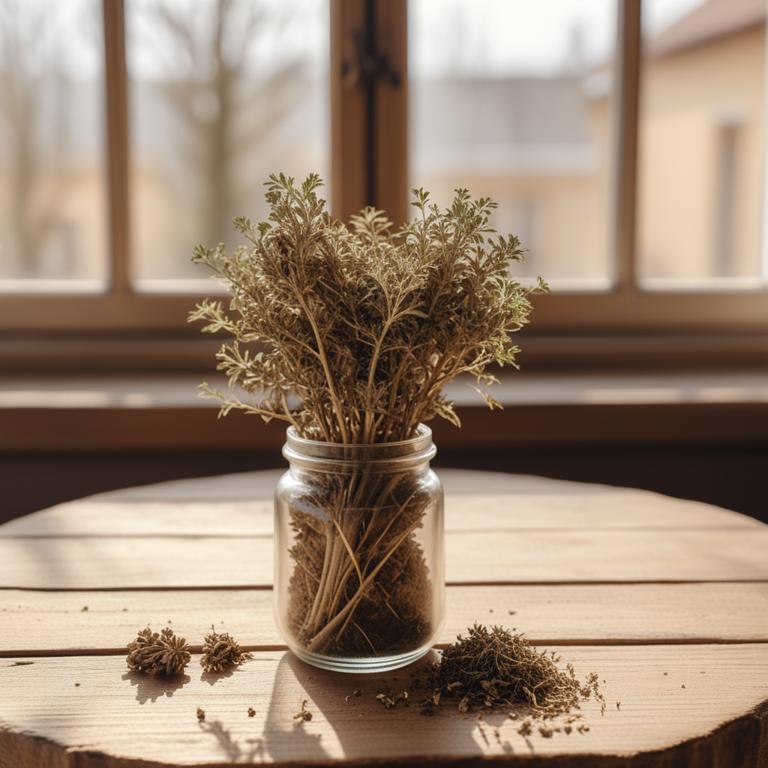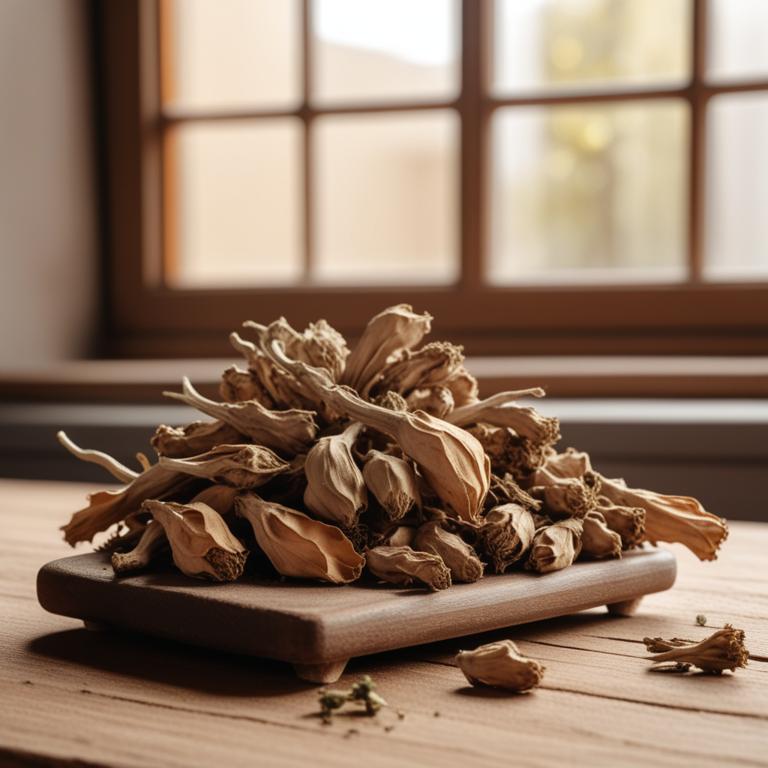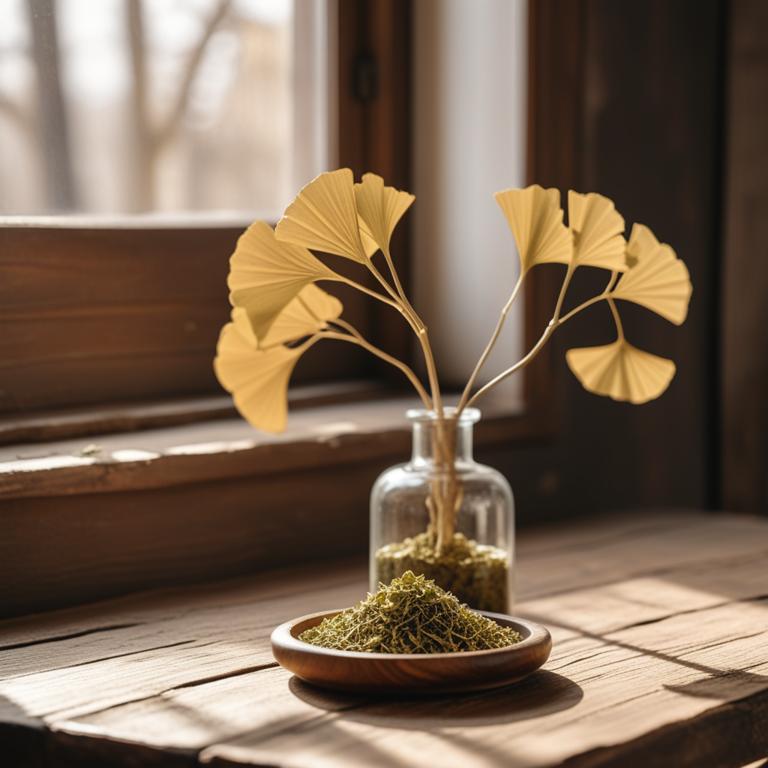Updated: Dec 1, 2024
Hyperpigmentation: Causes, Herbal Preparations, and Medicinal Solutions
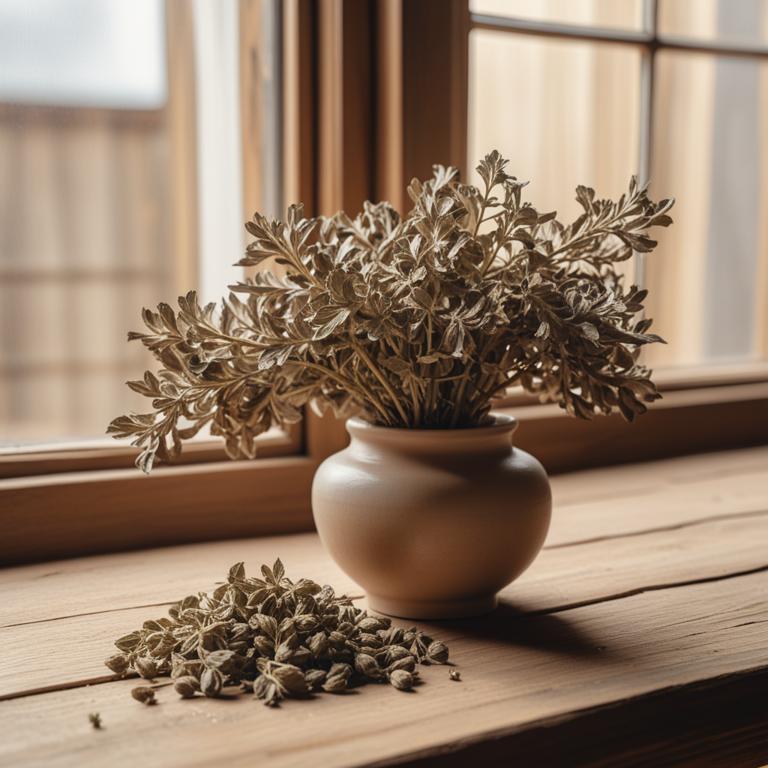
Hyperpigmentation is a skin condition where patches of skin become darker than the surrounding area.
It can be frustrating and affect self-confidence, especially if it appears on the face. The causes of hyperpigmentation are varied and can include sun exposure, hormonal changes, injury, and certain medications. When skin is damaged, it produces more melanin, a pigment that causes skin color. This excess melanin can lead to darker spots or patches. To combat hyperpigmentation, some people turn to herbal remedies.
Turmeric, with its active compound curcumin, has been shown to reduce inflammation and brighten skin tone. Licorice root, another natural remedy, contains glycyrrhizin, which helps reduce melanin production. Herbal teas like chamomile and green tea can also be beneficial. These teas contain antioxidants that protect the skin from damage and promote even skin tone. You can also make a paste with turmeric powder and honey to apply directly to affected areas. Similarly, licorice root tea can be consumed or used as a face mask.
These herbal remedies can be a natural and gentle way to address hyperpigmentation, but it's essential to note that results may vary and it's always best to consult with a healthcare professional before trying any new treatments.
Table of Contents
- What leads to the development of hyperpigmentation?
- What benefits can be achieved by using herbs for the treatment of hyperpigmentation?
- What are the primary medicinal herbs used to address hyperpigmentation?
- What are the most frequently used herbal solutions for hyperpigmentation?
- Are there any herbs that can exacerbate hyperpigmentation?
- FAQ
What leads to the development of hyperpigmentation?
The main causes of hyperpigmentation are various and can be divided into several categories.
One of the most common causes is Melasma, a condition characterized by brown or gray patches on the skin, usually on the face. This occurs due to hormonal changes, particularly in women, and is often triggered by sun exposure. Post-inflammatory hyperpigmentation (PIH) is another common cause, which happens when the skin becomes inflamed due to acne, insect bites, or other skin injuries.
The inflammation causes the skin to produce more melanin, leading to dark spots. Acne itself can also cause hyperpigmentation, as the skin's healing process can lead to the formation of dark spots or scars. Chemical burns, which damage the skin's outer layer, can also cause hyperpigmentation, as the skin tries to repair itself by producing more melanin. Finally, insect bites can cause PIH, as the skin's inflammatory response leads to the production of melanin.
Solar elastosis is another condition that causes hyperpigmentation, but it's more related to the aging process and sun damage, which leads to the breakdown of collagen and elastin, causing the skin to appear dull and discolored.
What benefits can be achieved by using herbs for the treatment of hyperpigmentation?
Using herbs to address hyperpigmentation can be really helpful.
These plants are rich in antioxidants and other beneficial compounds that can neutralize free radicals and reduce inflammation in the skin. This helps to break the cycle of hyperpigmentation, where the skin produces more melanin in response to damage or stress.
By reducing inflammation and free radicals, these herbs can also help to prevent further damage to the skin, promoting a more even and healthy tone. Additionally, some herbs have natural skin-lightening properties, which can help to gently fade areas of hyperpigmentation over time.
By incorporating these herbs into your skincare routine, you may notice improvements in the appearance of your skin, and a reduction in the visibility of dark spots and discoloration.
What are the primary medicinal herbs used to address hyperpigmentation?
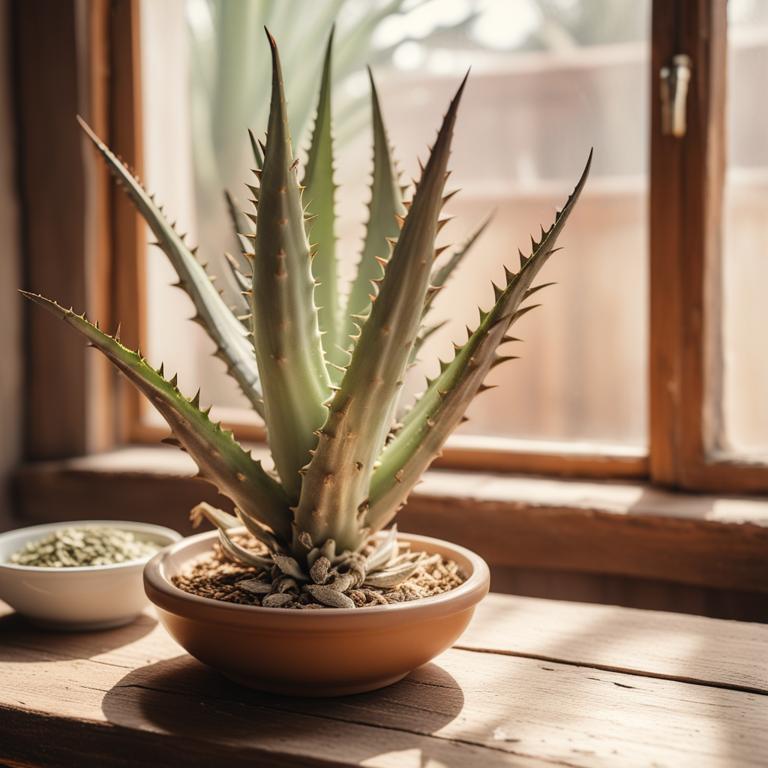
Herbs have been used for years to help with hyperpigmentation, and for good reason.
Aloe barbadensis, also known as aloe vera, has anti-inflammatory properties that calm the skin and reduce redness. When the skin is calm, it's less likely to produce excess melanin, which can cause hyperpigmentation. Curcuma longa, or turmeric, contains a powerful antioxidant called curcumin that fights off free radicals that can damage the skin and cause discoloration.
Ginkgo biloba is known for its ability to improve blood flow, which can help to deliver more oxygen and nutrients to the skin, promoting healthy skin cell growth and reducing the appearance of hyperpigmentation. Rosmarinus officinalis, or rosemary, has antiseptic properties that help to prevent infection and promote healing, which is especially important when treating hyperpigmentation. Vitis vinifera, or grape seed extract, is rich in antioxidants and has been shown to reduce melanin production and improve skin texture.
These herbs can be used in face masks, creams, and serums to help reduce the appearance of hyperpigmentation and promote healthy, glowing skin.
What are the most frequently used herbal solutions for hyperpigmentation?
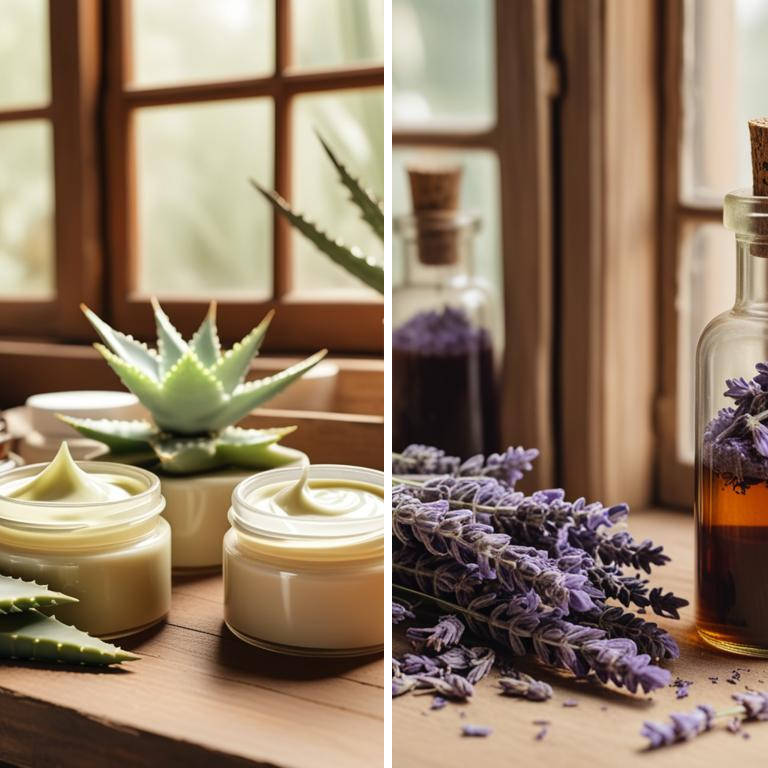
Herbal preparations can be a great help for hyperpigmentation, which is when patches of skin become darker than the rest due to skin injury or inflammation.
There are several types of herbal preparations that can be beneficial. For example, herbal creams can be applied directly to the affected skin to help reduce the appearance of dark patches. They contain active ingredients like licorice extract or vitamin C that help to brighten the skin. Herbal tinctures, on the other hand, are liquid extracts that can be added to water or taken directly. They're often used to treat hyperpigmentation from the inside out, promoting even skin tone and reducing inflammation.
Herbal decoctions are liquid extracts made by steeping herbs in hot water. They're often used to treat skin conditions like hyperpigmentation because they can be easily absorbed into the skin, helping to reduce the appearance of dark patches. Herbal capsules are another type of preparation that can be taken internally to help treat hyperpigmentation. They contain powdered herbs like turmeric or ginseng that have anti-inflammatory properties, which can help to reduce inflammation and promote even skin tone. Finally, herbal infusions are liquid extracts made by steeping herbs in hot water, similar to decoctions.
However, they're often more delicate and can be used to treat sensitive skin conditions like hyperpigmentation.
Additional Resources:
Are there any herbs that can exacerbate hyperpigmentation?
If you have hyperpigmentation, it's best to avoid using certain herbs that can make it worse.
Cassia auriculata, for example, is known to cause skin darkening, which can make hyperpigmentation more noticeable. Cinnamomum verum, or Ceylon cinnamon, contains a compound that can increase melanin production, leading to darker skin tones.
Piper nigrum, or black pepper, has been found to have a similar effect, stimulating the production of melanin and causing skin darkening. Oroxylum indicum, a plant used in some traditional remedies, can also cause skin darkening due to its high levels of melanin-stimulating compounds. Thymus vulgaris, or common thyme, may not be as well-known for its effects on skin, but it still contains compounds that can increase melanin production and lead to darker skin tones.
Using these herbs can exacerbate hyperpigmentation, making it more difficult to treat.
FAQ
Are there any specific herbs that can prevent hyperpigmentation?
Turmeric has been shown to help reduce hyperpigmentation by inhibiting the production of melanin, the pigment responsible for skin color.
Licorice root extract also has antioxidant properties that can help protect the skin from damage and promote even skin tone.
These herbs may be useful in preventing hyperpigmentation, but their effectiveness can vary from person to person.
Is it safe to use herbal remedies for hyperpigmentation during pregnancy?
It's best to be cautious when using herbal remedies for hyperpigmentation during pregnancy.
Some herbs can affect the baby or cause complications. If you're considering using herbal remedies, look for ones that are specifically labeled as safe for pregnancy use.
Still, it's always a good idea to know exactly what's in the remedy and how it might affect you and your baby.
Are there any herbs that can reduce the frequency of hyperpigmentation?
Turmeric contains a compound that can help reduce hyperpigmentation.
It works by inhibiting an enzyme that causes dark spots. Cinnamon also has antioxidant properties that can help fade discoloration. These herbs may help even out skin tone, but their effectiveness can vary from person to person.
Regular use may lead to noticeable results.
Related Articles
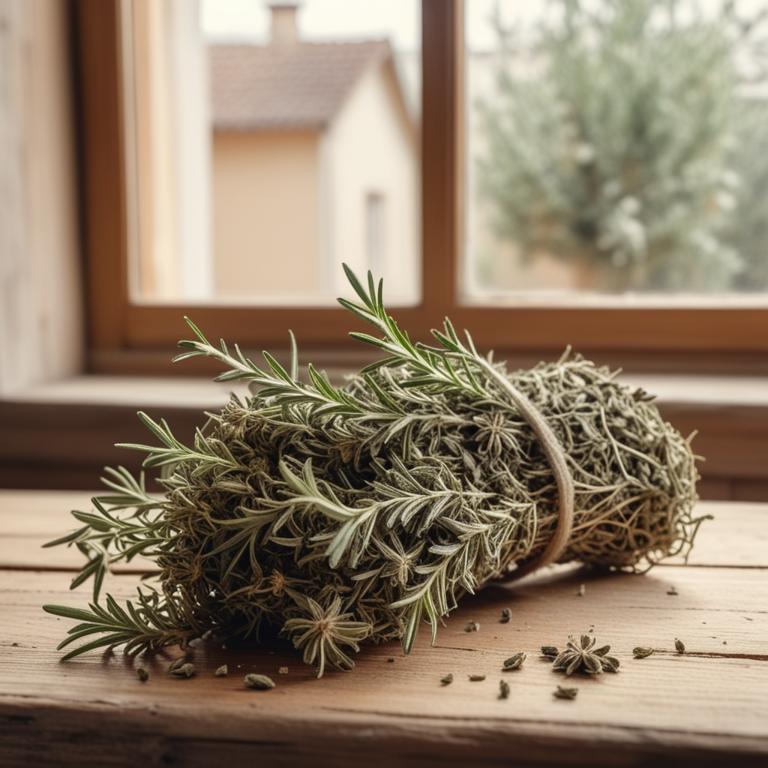
The Role of Medicinal Herbs and Herbal Preparations in Lice Treatment

Itchy Ears: Causes and Homeopathic Solutions Using Medicinal Herbs
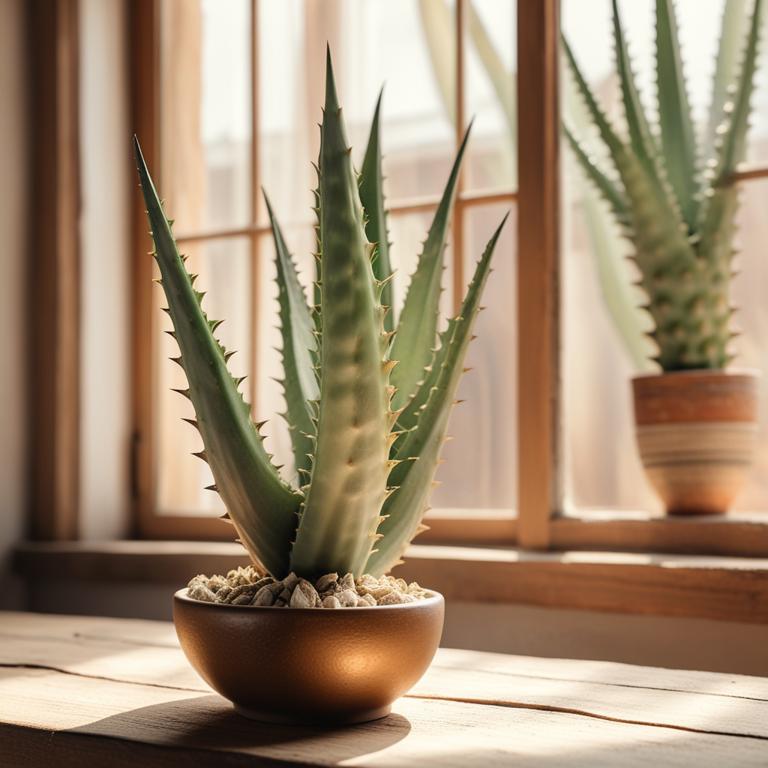
Ringworm Treatment with Medicinal Herbs and Herbal Preparations
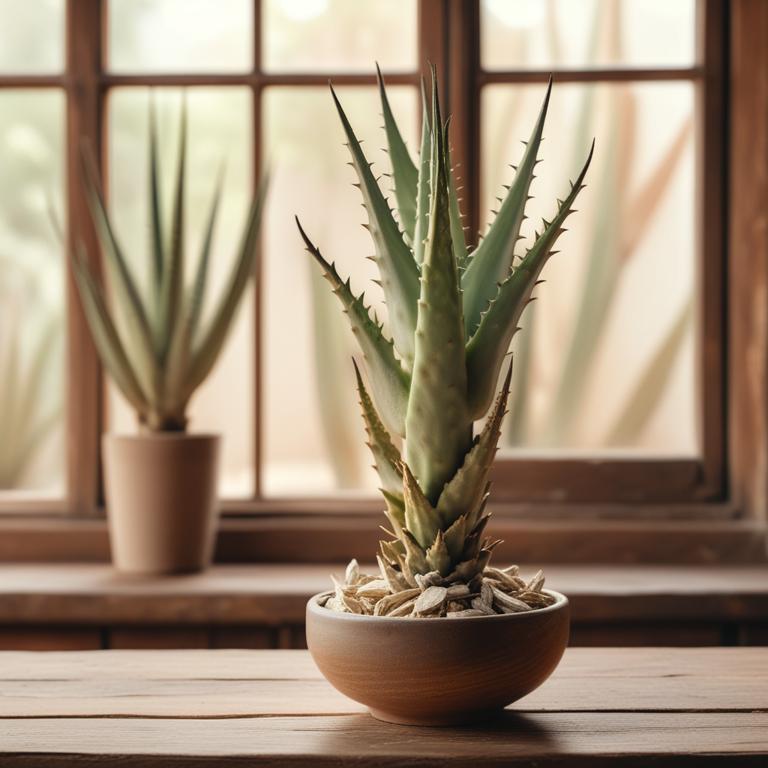
Glowing Skin: Causes, Medicinal Herbs, and Effective Herbal Remedies
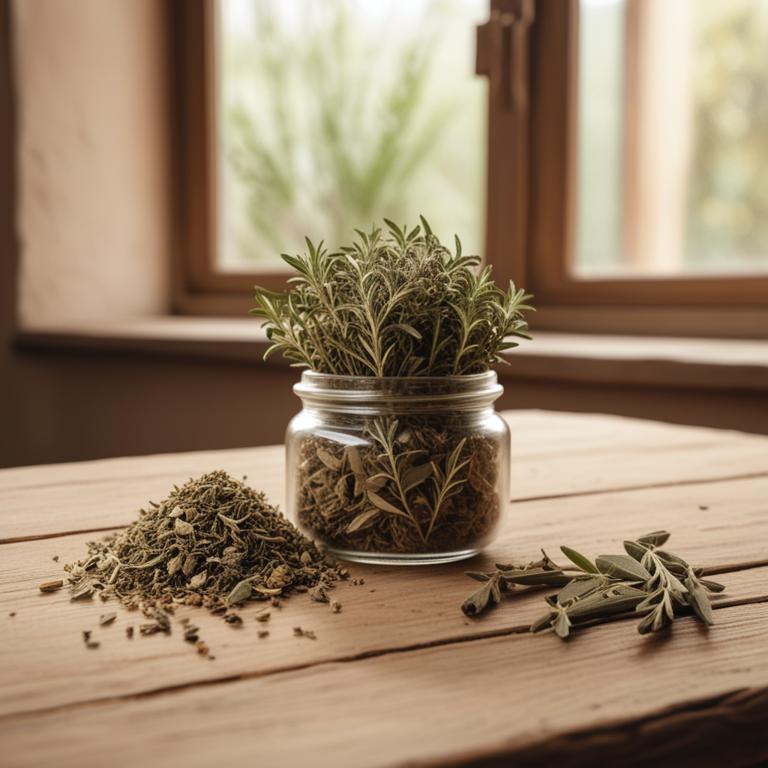
Grey Hair Causes, Treatment, and Medicinal Herbal Preparations
